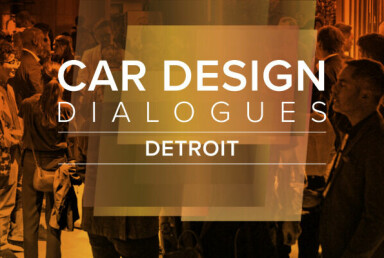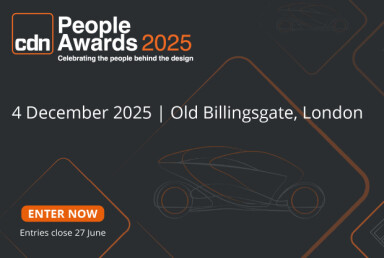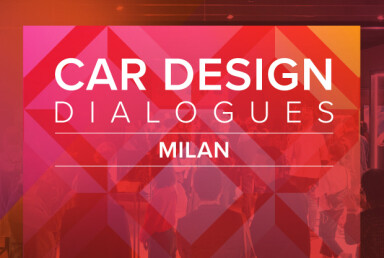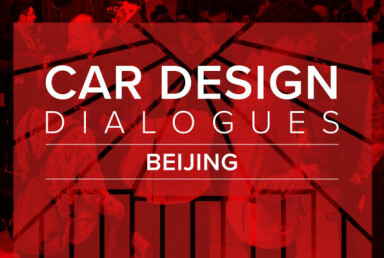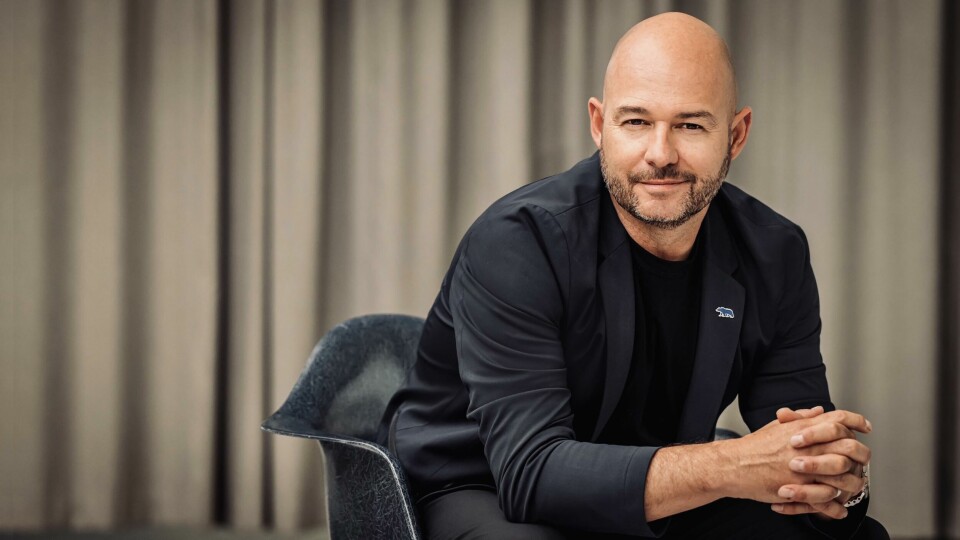
Lucid's Derek Jenkins: “We exist to design and build what others cannot”
Derek Jenkins discusses EV design, new skills and the creativity of the Motor City ahead of Car Design Dialogues Detroit on 29 October 2024
Lucid Motors was one of the earlier pioneers of luxury electric vehicles (EVs) designed on the west coast and has expanded its portfolio to include the Air sedan and Gravity SUV. Senior VP of design Derek Jenkins has been with the company for nearly a decade now, bringing experience from his time at Mazda, Volkswagen and Audi, and has helped to shape the look and feel of the brand as legacy automakers played catch-up on e-mobility.
Jenkins will be joining us in Detroit later this month where he will speak to the nature of design at a new company and how design leaders need to evolve in the face of today’s challenges.
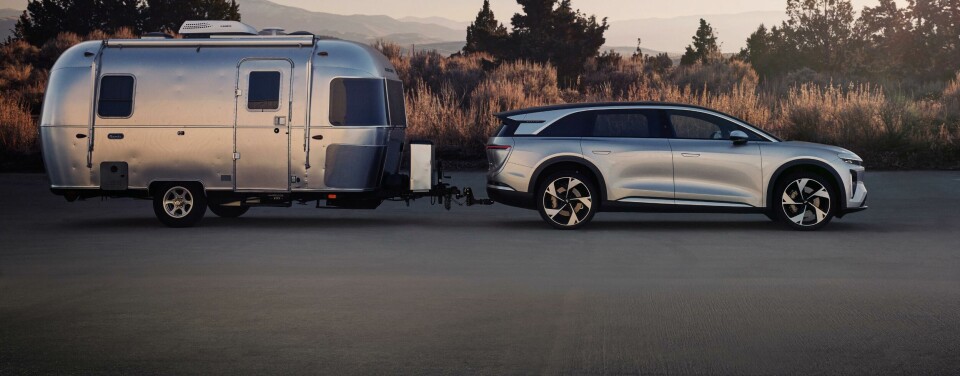
How are new OEMs changing the way cars are designed?
We are always on the lookout for new ways to both accelerate the design process and to enhance the way we approach design, while still respecting the art and craft. All the new tools that we have – from VR to AI – lead to rapid design iterations and improvements but I strongly feel that they cannot replace the human and emotional component that is such an important part of the Lucid experience.
Cross-functional collaboration is also an intrinsic part of who we are and how we design. We work closely with engineering, marketing, strategy and other teams to push the envelope and create designs that look and feel fresh and advanced.
When it comes to rapid ideation, younger designers have some amazing advantages
In a similar vein, what kind of new skills are young designers bringing to the table?
For younger designers who grew up as digital natives, they seamlessly move between 2D, 3D and advanced visualisation tools – it’s impressive how second nature it is for them. They are used to coming up with a range of ideas much more rapidly than was even possible just a few years ago. There’s then still a lot to review and refine, as always, but when it comes to rapid ideation, younger designers have some amazing advantages.
Younger designers are also more innately aware of the importance of standing out and quickly capturing attention – in this world of short attention spans – so they are more willing to try edgy designs that push the envelope. It can be very refreshing and energising.
We are experimenting with AI and how easy it is to rapidly iterate. It’s still early days with some of this technology but it’s interesting to see how powerful it has already become.
We often refer to players like Lucid as “new kids on the block” – but does it feel that way to you and your team?
We are still a relatively young company but we’re also several years into Air production, we’re about to deliver Lucid Gravity, and we’re working hard on our next range of models, so it’s safe to say that we’ve grown past the point of a start-up.
The processes, the experienced teams we’ve built, and the understanding of who we are and where we’re going has matured significantly. At the same time, for the Design and Brand teams, we are always careful to not lose our start-up courage, energy and attitude. It’s about finding the balance and never losing sight of why we exist – to design and build what others cannot – and that’s an energy that I never want the teams to lose.
Are you excited to be representing ‘west coast design’ in the Motor City?
I’m super excited to represent the west coast here – we have so much respect for the heritage, knowledge, and talent here in Detroit. There’s never a shortage of new ideas and creative energy here. We actually just opened a satellite engineering center in Southfield to tap into the talent and knowledge, so we definitely recognise what an important part of the industry there is here in the Motor City.




